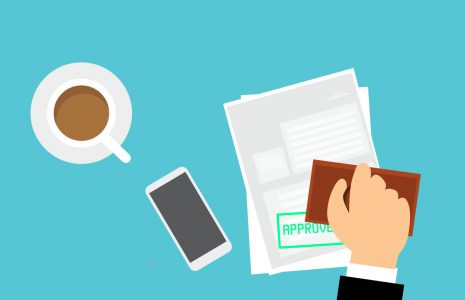Last Updated on October 12, 2025 by Michelle Ball
Section 504 of the Rehabilitation Act of 1973 (aka “Section 504”) is a key law for disabled students. Having a 504 Plan means a student can receive many accommodations, and even services, to assist them in accessing their school and the curriculum. But, how do you know if a student may qualify?
Question 1: Does a Student Have a Disability?
The first step to qualify for a 504 Plan involves evaluating whether a student has a disability This alone will not qualify a student, but it is the first question to ask.
Per 42 USC (United States Code) §12102 (1)(A), a disability is defined as:
(A) a physical or mental impairment that substantially limits one or more major life activities of such individual;
(B) a record of such an impairment; or
(C) being regarded as having such an impairment

Question 2: Does the Student’s Disability Substantially Limit a Major Life Activity?
However, if a student has a disability, as described, this does not automatically mean the student qualifies for a 504 Plan. The disability also has to substantially limit a major life activity, a concept defined in 42 USC §12102 (2). It states:
(2) Major life activities
(A) …major life activities include, but are not limited to, caring for oneself, performing manual tasks, seeing, hearing, eating, sleeping, walking, standing, lifting, bending, speaking, breathing, learning, reading, concentrating, thinking, communicating, and working.
(B) Major bodily functions… a major life activity also includes the operation of a major bodily function, including but not limited to, functions of the immune system, normal cell growth, digestive, bowel, bladder, neurological, brain, respiratory, circulatory, endocrine, and reproductive functions.
Steps to Determine the Answers and Get a 504
If both questions can be answered “yes” the student could qualify for a 504 Plan. If parents don’t know the answers, they can also request assessment by the student’s school. Once a request for 504 assessment is made in writing, the school should proceed.

504 Battles May Be Worth It
Once a student is qualified for a 504, the next battle often is in getting the 504 plan written appropriately. It is well worth the battle as 504 plans are legally enforceable plans which can help close gaps for a disabled student to ensure proper access to their education.
If a student has a disabling condition as described above, parents may want to explore 504 Plans and the benefits they can provide to students.
Student lawyer Michelle Ball helps students qualify for, maintain and enforce student 504 plans and IEPs (Individualized Education Programs). Located in Sacramento, California, attorney Michelle Ball helps parents in Lincoln, Nevada City, Roseville, Elk Grove, Natomas, Auburn, Loomis, Foresthill, and throughout California with many types of school problems.

